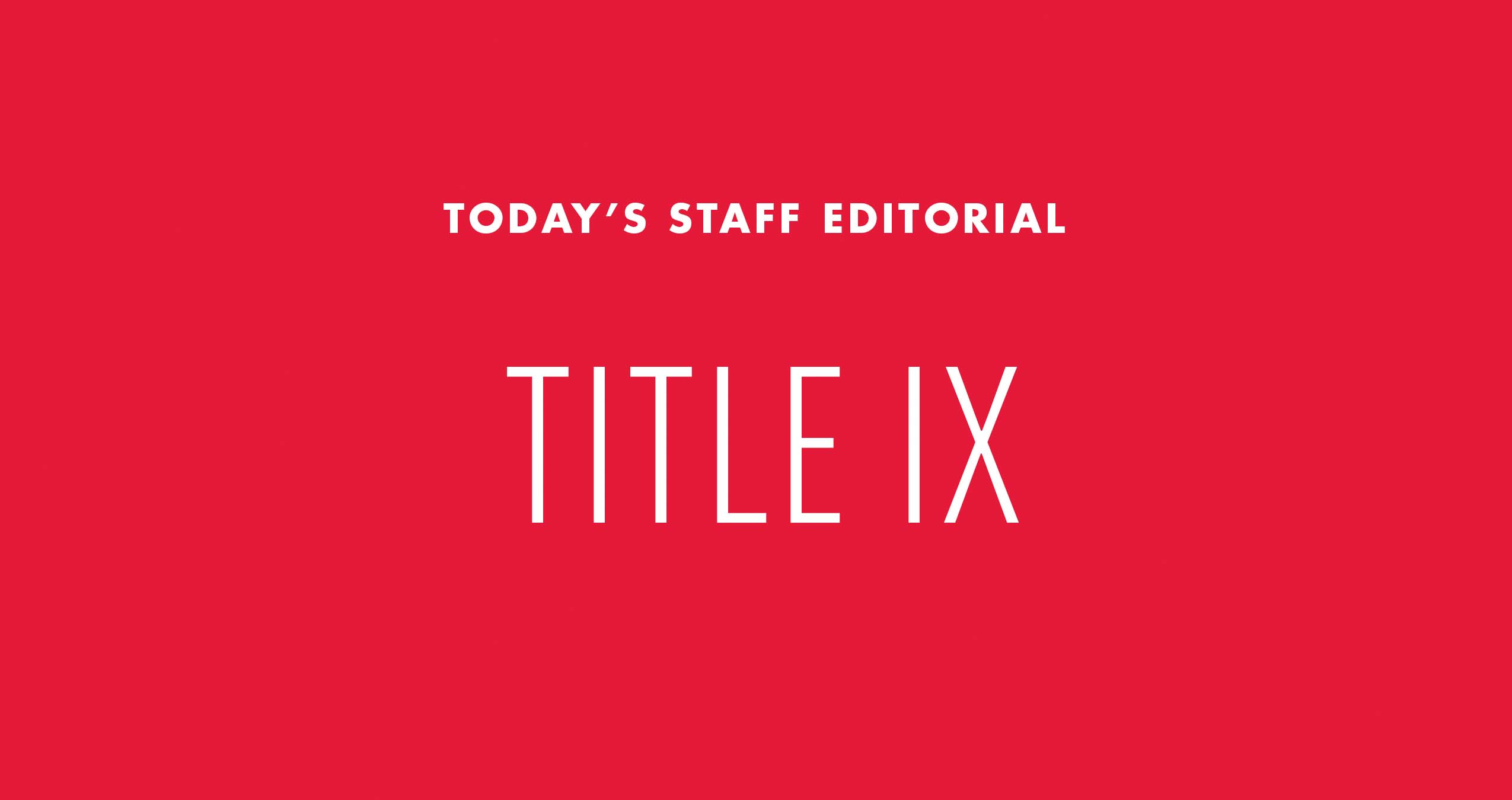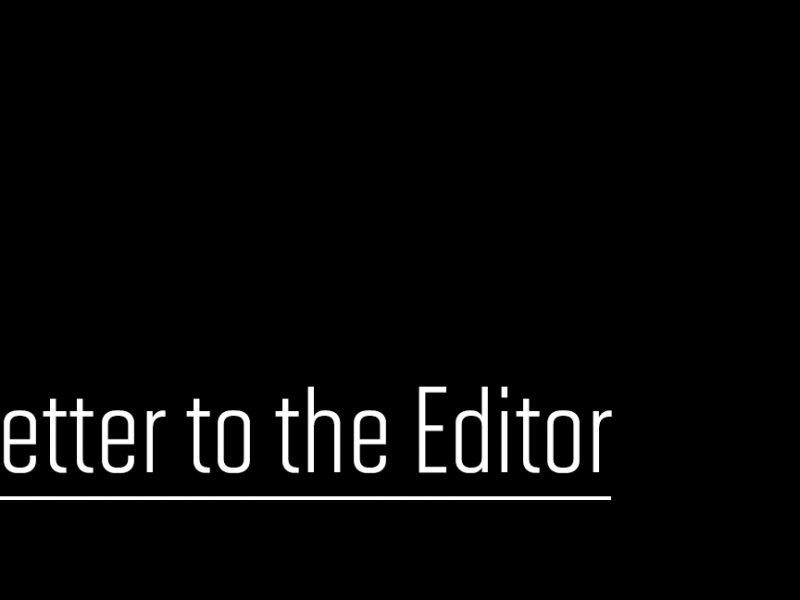Late Wednesday night, an SGA statement revealed Title IX Officer Catherine Carroll’s reporting line has switched from University of Maryland President Wallace Loh to the school’s general counsel.
Student Government Association President AJ Pruitt wrote in his statement that he learned of the change through a Sept. 7 conversation with Carroll, who he said described the move as a “demotion.”
Loh did not specify to The Diamondback when the change occurred. The university did not publish a statement alerting the students of the change, inadvertently deeming it not relevant to students despite national controversy surrounding Title IX and the SGA president calling this switch a conflict of interest.
“This is simply a change in reporting structure,” university spokeswoman Katie Lawson said in a statement. “Our work to create a campus that is free of sexual misconduct does not change.”
This editorial board cannot understate the need for transparency regarding Title IX, especially after Education Secretary Betsy DeVos announced she plans to rescind the Obama administration’s guidelines meant to protect sexual assault victims on college campuses.
DeVos’ announcement has been polarizing. Opponents are criticizing her rollback of guidance meant to prioritize victims of sexual violence, while others are lauding her promise to protect the due process rights of the accused.
The debate about rights of victims and the accused — which are not mutually exclusive — has exposed a fundamental misunderstanding of Title IX among many observers. This misunderstanding underscores the need for this university to have more public discussions explaining the office’s role on this campus.
Title IX’s purpose was never to adjudicate sexual assault on college campuses, but to prohibit sex discrimination and to secure a safe education for everyone. Women face disproportionate violence at universities and colleges across the country, and Title IX guarantees all students the right to learn without fear. In sexual misconduct cases, the rate of false accusations is minuscule, yet DeVos pretends this is a greater problem than sexual violence itself.
DeVos and her supporters miss the point. They persistently misidentify the problems regarding sexual assault investigations, in which drawn-out processes often retraumatize victims. Yes, it’s important to thoroughly adjudicate sexual misconduct, ensuring fairness and safety for all parties, but raising the standard of evidence would lead to the same problems facing the criminal system — in which research suggests only 1 in 15 reported rape cases ends in a conviction. Expulsion from one institution cannot be equivocated to a prison sentence, and institutions must prioritize the safety of its students.
At a time when gathering evidence is prohibitively challenging, DeVos plans to make it harder for victims to prove the reality of their experiences. At a time when many officials are unequipped to handle sexual violence, DeVos wants to take investigations out of the hands of trained professionals. At a time when victims are gaslighted and perpetrators forgiven, DeVos thinks Obama’s guidelines stigmatize the privileged and the protected.
In every way, President Trump’s administration is moving backward. This editorial board hopes Loh’s administration will refrain from doing the same. Only by facilitating discussions for all to hear and making decisions openly will this university respect its commitment to secure an education, for all students, free from fear.



